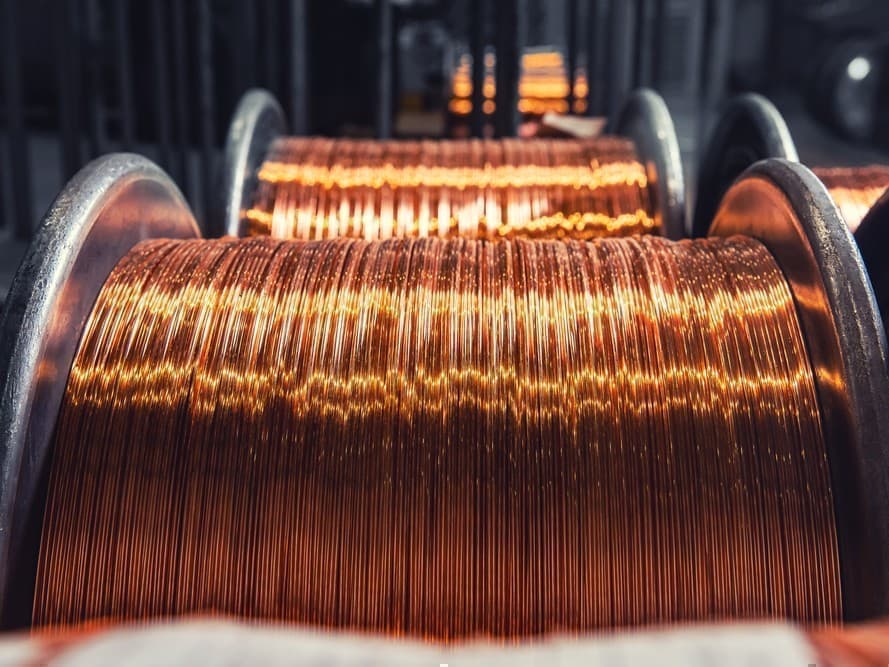The pace of the energy transition could be slowed by a looming shortage of copper, analysts and top copper producers say.

“There is going to be a very significant shortage in copper,” Richard Adkerson, chairman and CEO at U.S. copper producer Freeport-McMoRan, the world’s largest listed copper miner, told the Financial Times.
The decarbonization drive will increase the intensity of copper use globally, Freeport-McMoRan said in a Q3 earnings presentation earlier this month.
Structural demand growth tied to decarbonization, combined with limited supply development, is expected to result in large supply deficits in the copper market, the company noted.
Freeport-McMoRan “also believes substantial new mine supply development will be required to meet the goals of the global energy transition, and current prices for copper are insufficient to support new mine supply development, which is expected to add to future supply deficits,” the firm said.
“While there will be some new projects that were started four years to five years ago, delayed by COVID, coming on stream in the next couple of years, that will bring some new copper to the market. Beyond that, the cupboard is pretty empty in terms of new supply projects of any significance,” Freeport-McMoRan’s Adkerson said on the Q3 earnings call.
According to a new report from Wood Mackenzie, the world will need 9.7 Mt of mine supply over the next decade from projects that have yet to be sanctioned, if it is to meet zero-carbon targets.
“To date, a shortfall of this magnitude has never been overcome within a decade,” WoodMac’s copper researchers and analysts said.
Investment would need to be more than US$23 billion a year in new projects, which is 64% higher than the average annual spend over the last 30 years, the consultancy noted.
“If primary mine supply struggles to meet future demand, recycling could form part, but not all, of the solution,” WoodMac says.
By Tsvetana Paraskova for Oilprice.com






